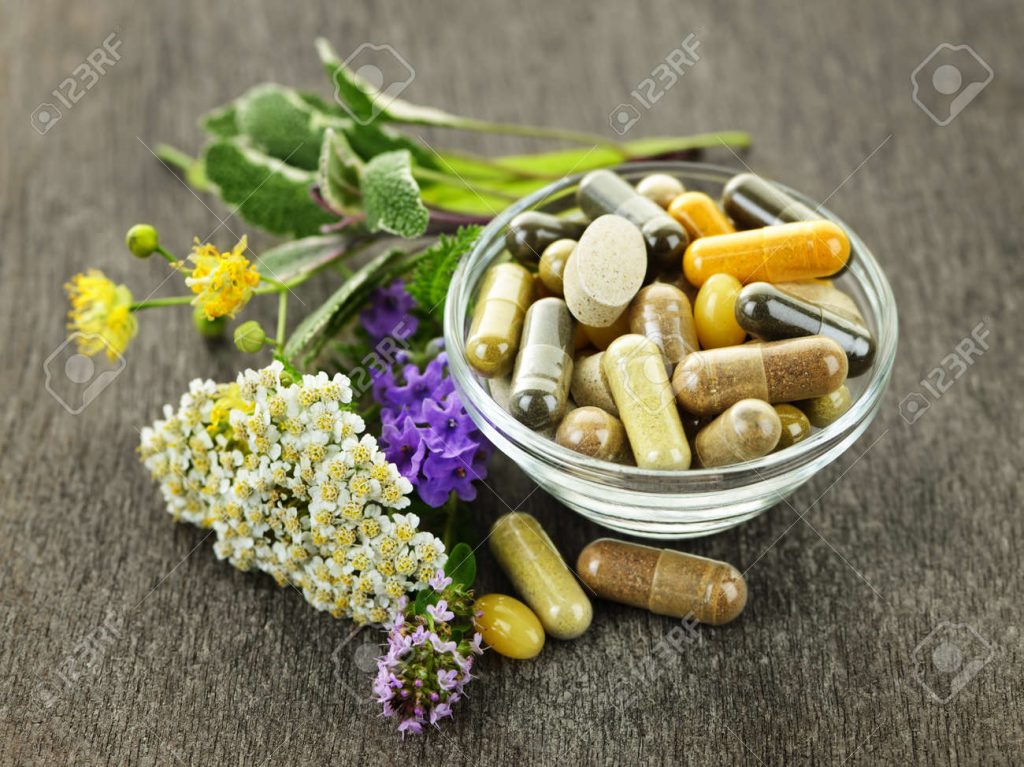Herbal Supplements
For centuries, herbal supplements are used for his or her healing properties. Before you’re taking herbals, confirm you recognize what’s in them, if they’re safe, and the way they react with other supplements and medications.
APPOINTMENTS & ACCESS
CONTACT US
What are herbal supplements?
Herbal supplements are products derived from plants and/or their oils, roots, seeds, berries or flowers. Herbal supplements are used for several centuries. they’re believed to possess healing properties.
What are the sorts of herbal supplements?
Herbal products are available many various forms and should be used internally or externally. The sorts of herbal products include:
- Liquid extracts.
- Teas.
- Tablets and capsules.
- Bath salts.
- Oils.
- Ointments.
What are some common herbal supplements and their uses?
There are many herbal supplements that have several different uses. the subsequent are a number of the foremost common:
Aloe Vera: used topically for burns, psoriasis and osteoarthritis. utilized in the oral form for digestive issues like gastritis or constipation.
Black cohosh: wont to treat hot flashes, night sweats, vaginal dryness and menopausal symptoms.
Chamomile: wont to treat sleeplessness, anxiety, indigestion , gas and diarrhea. it’s also used topically for skin conditions. Caution in people with ragweed allergy.
Echinacea: wont to fight cold and flu symptoms.
Flaxseed: wont to lower cholesterol. Good source of fiber and omega-3 fatty acids.
Ginko: wont to treat memory problems and tinnitus (ringing within the ears). are often used along side the antidepressant selective serotonin reuptake inhibitors (SSRIs) to reinforce drive and sexual performance in people that have side effects with antidepressant medications. Caution in people taking blood thinners.
Peppermint oil: wont to treat digestion problems like nausea, indigestion, stomach problems and bowel conditions.
Soy: wont to treat menopausal symptoms, memory problems and high cholesterol levels. Organic, whole soy food is preferable to soy supplements and processed soy foods like soy hot dogs.
St. John’s Wort: wont to treat depression, anxiety and sleep disorders. NOTE: This herb has many other drug and herb interactions. Consult your healthcare provider before starting this supplement.
Tea tree oil: used topically to treat several conditions including, acne, tinea pedis , nail fungus, wounds, infections, lice, oral yeast infection (thrush), cold sores and dandruff.
How popular are herbal supplements?
Herbal supplements are widely utilized in the us . A study by the Centers for Disease Control states that quite half the people within the country take a daily herbal supplement.
Are herbal supplements safe to use?
The Dietary Supplement Health Education Act of October 1994 doesn’t require manufacturers of herbal products to prove that their products are either safe or effective before they’re placed on the market. However, the Food and Drug Administration (FDA) is liable for monitoring the security of a product after it’s become available to consumers.
In many cases, people use herbal supplements with prescribed medicines. this will end in serious health problems thanks to drug interactions. Always ask your healthcare provider before you start using an herbal supplement.
If you’re taking aspirin, digoxin, diuretics, hypoglycemics, nonsteroidal anti-inflammatory drug drugs, spironolactone or warfarin, don’t use herbal supplements without first checking together with your doctor.
Read More: World Latest Blog Website newsportsweb.com and http://sportsnewstime.org/ also check sports social blog site bbctimes.org


